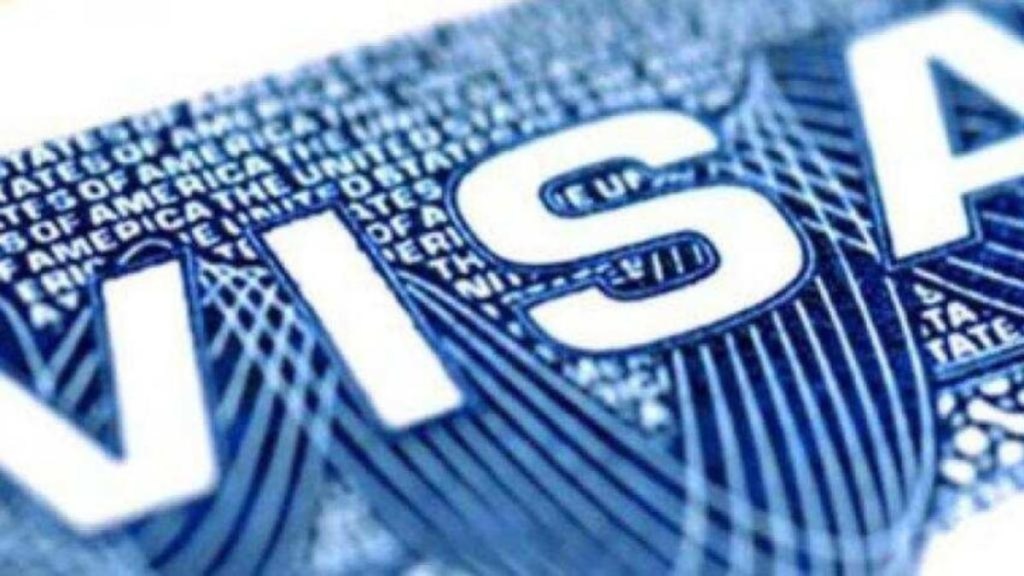Despite growing uncertainty over visa policies in major countries like the US, UK, and Canada, visa and consular service providers expect over 7% annual growth in fresh visa issuances through 2029. This optimism is driven by strong growth prospects in the tourist visa segment, which currently makes up 65% of the total visa market.
“Across the world, governments are becoming more stringent in their policies. In the short-term, we might be seeing some impact, but the volumes continue to grow in the long term. We are experiencing high growth in tourist visas even as other segments are facing policy-related issues. People are taking multiple vacations in a year, and it has become a new normal,” said Shikhar Aggarwal, joint managing director at BLS International, which operates out of 70 countries with 40 foreign government tie-ups.
The industry believes that the tourist visa segment would capture 70% of the overall pie by 2029, even as other segments – study visa, business visa and work visa – would shrink in the same period. For instance, the share of student visas is likely to drop from 15% in 2024 to 13% in 2029. Similarly, the business and work visas could drop from 19% in 2024 to 16% in 2029.
Experts said that the leisure travel momentum that picked up after the pandemic in the form of “revenge tourism” has sustained. This is because of the rise in disposable incomes and the emergence of experential travel across different markets. Plus, the visa liberalisation and visa-free travel arrangements, like ASEAN visa, increase accessibility for tourists and drive international travel growth.
On the other hand, various major countries have been taking strict stance on the student and work-related visas. For instance, the US government has put a pause on new visa interviews for international students set to attend US universities. The visa pause coincides with other policy developments, including a proposed termination of the popular Optional Practical Training (OPT) programme – a key driver of US-bound student interest. The H1-B, which is a temporary visa programme for foreign workers engaged in specialty occupations, faces heightened scrutiny under the Trump administration.
The UK government too has plans to tighten immigration rules by extending the waiting period for permanent residency from 5 to 10 years for some individuals – a move that will severely impact Indian immigrants.
